- Home
- Health Condition
Medicine For Bleeding
Medicine For Bleeding
- Total Items (113)
 RX
RXPause-500 Tablet 10's
₹175.10
MRP ₹194.50
10% off
 RX
RXMelano-TX OD Tablet 15's
₹260.60
MRP ₹289.50
10% off
 RX
RXTrapic Tablet 10's
₹175.10
MRP ₹194.50
10% off
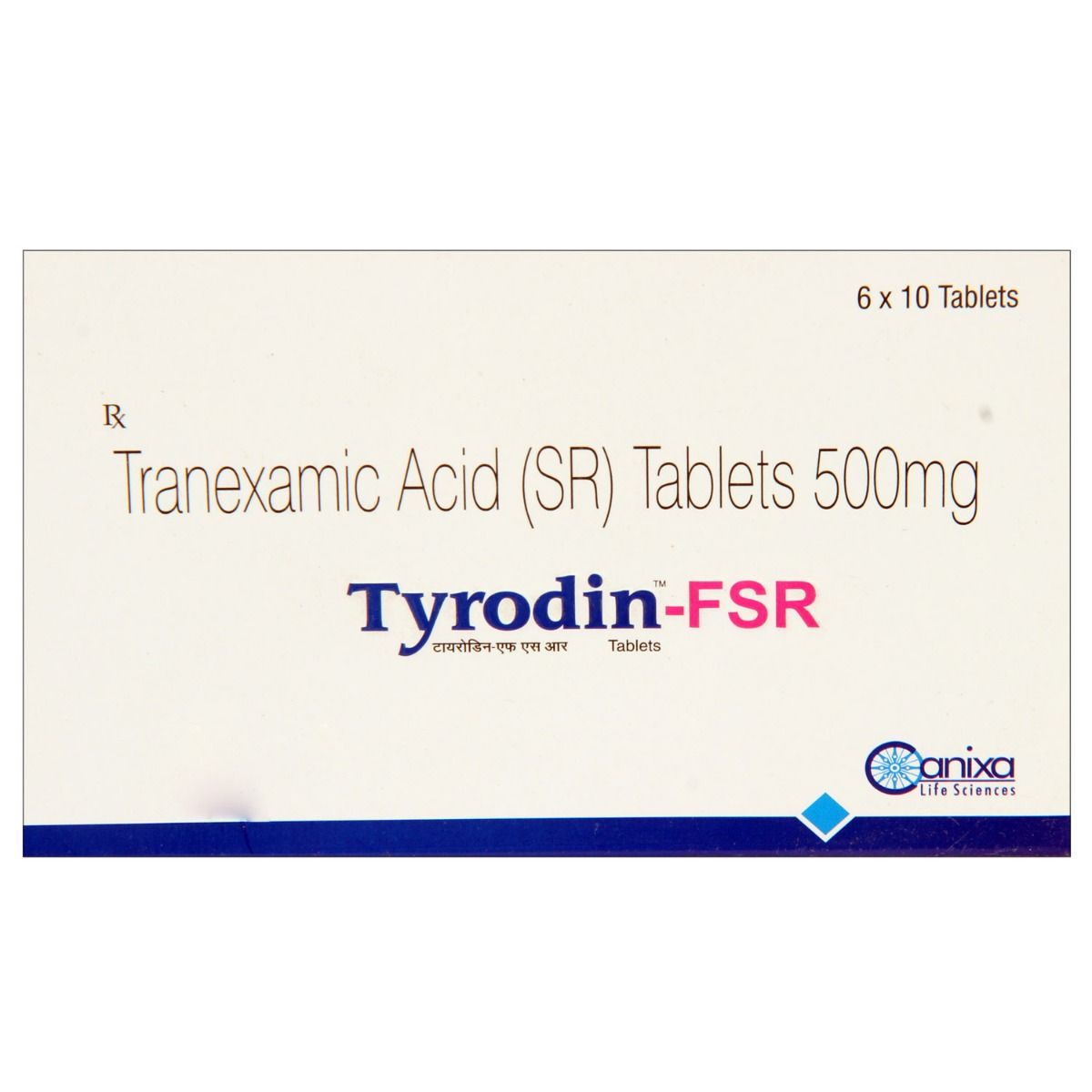 RX
RXTyrodin-FSR Tablet 10's
₹166.50
MRP ₹185
10% off
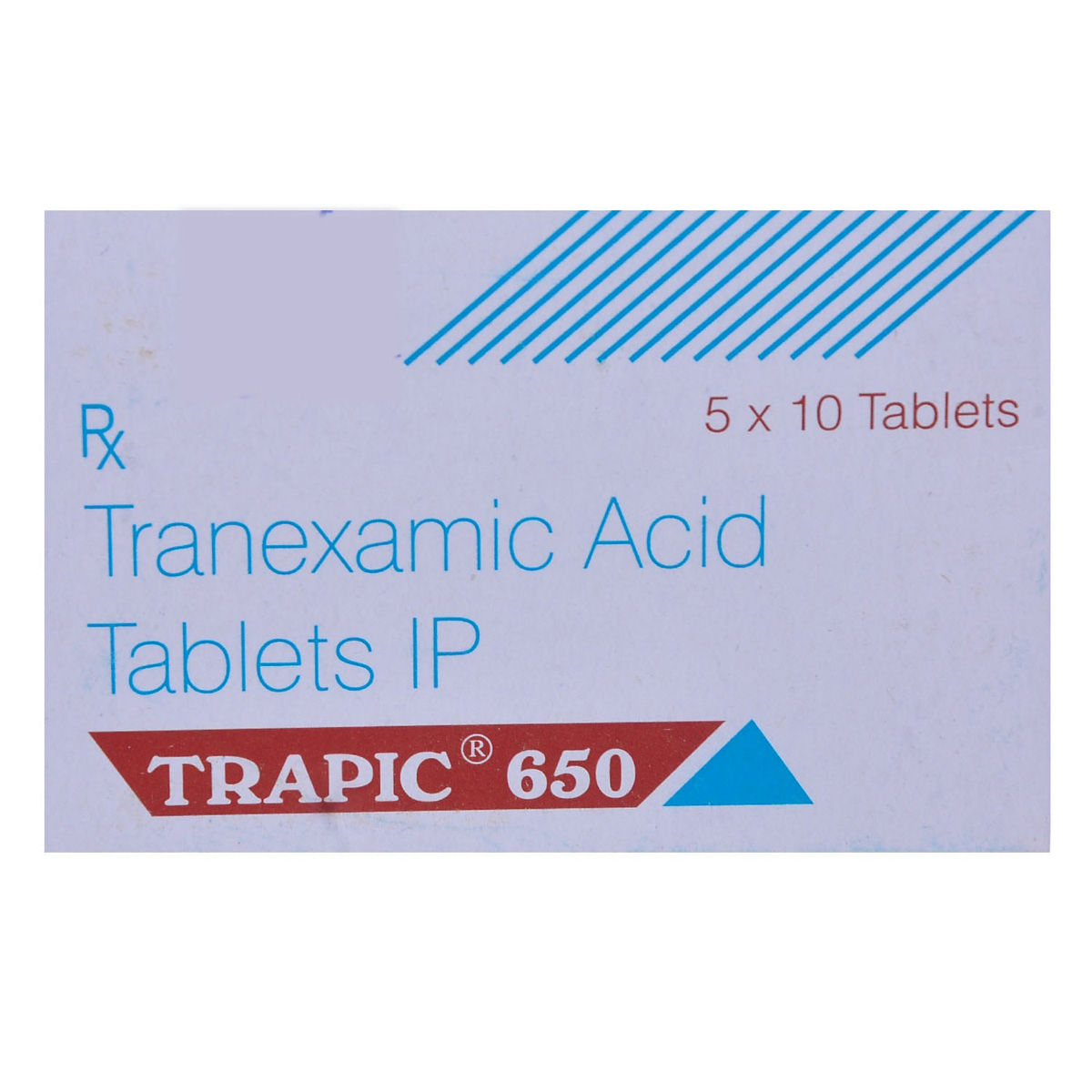 RX
RXTrapic 650 Tablet 10's
₹359.10
MRP ₹399
10% off
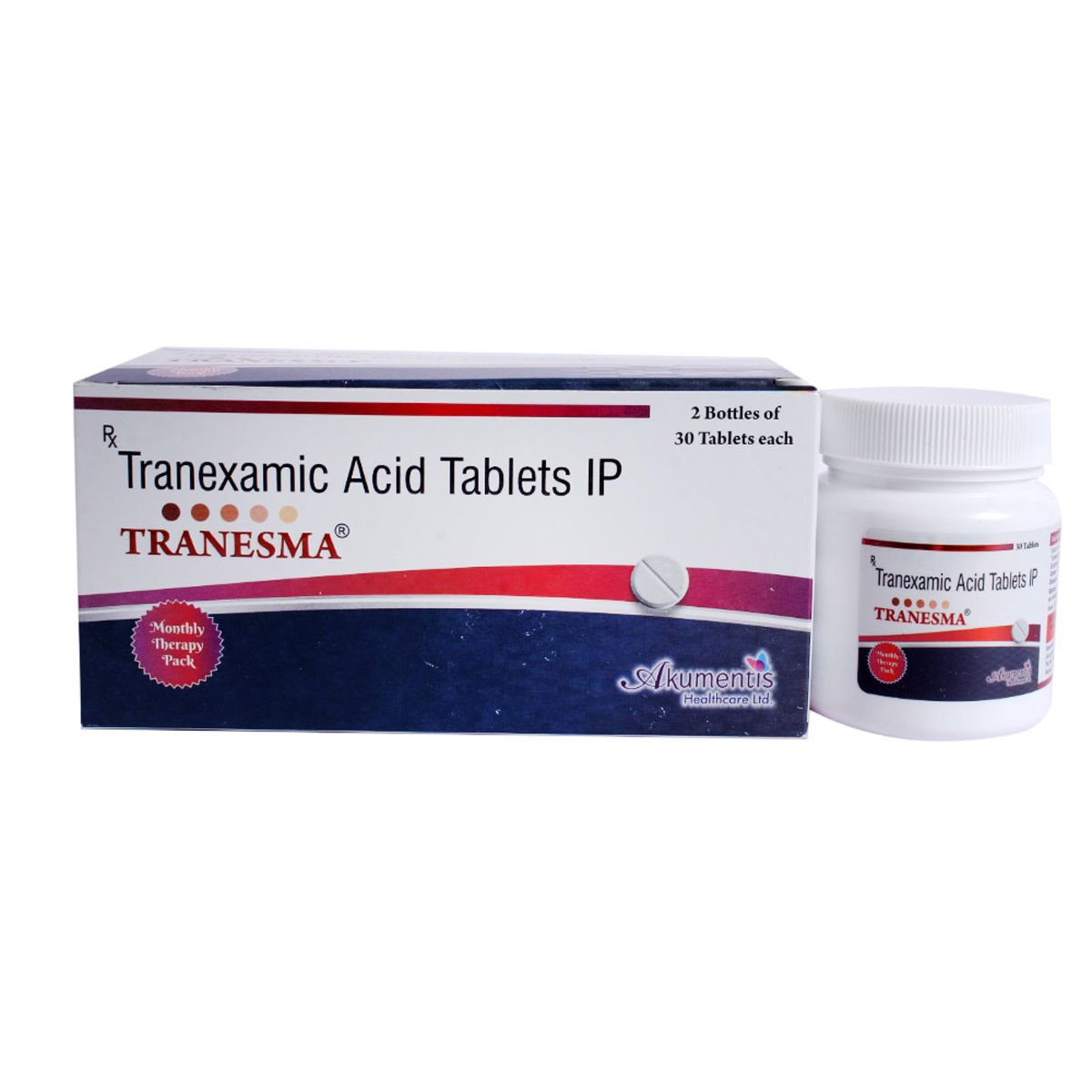 RX
RXTranesma 250 Tablet 30's
₹513
MRP ₹570
10% off
 RX
RXPause XT Tablet 10's
₹566.60
MRP ₹629.50
10% off
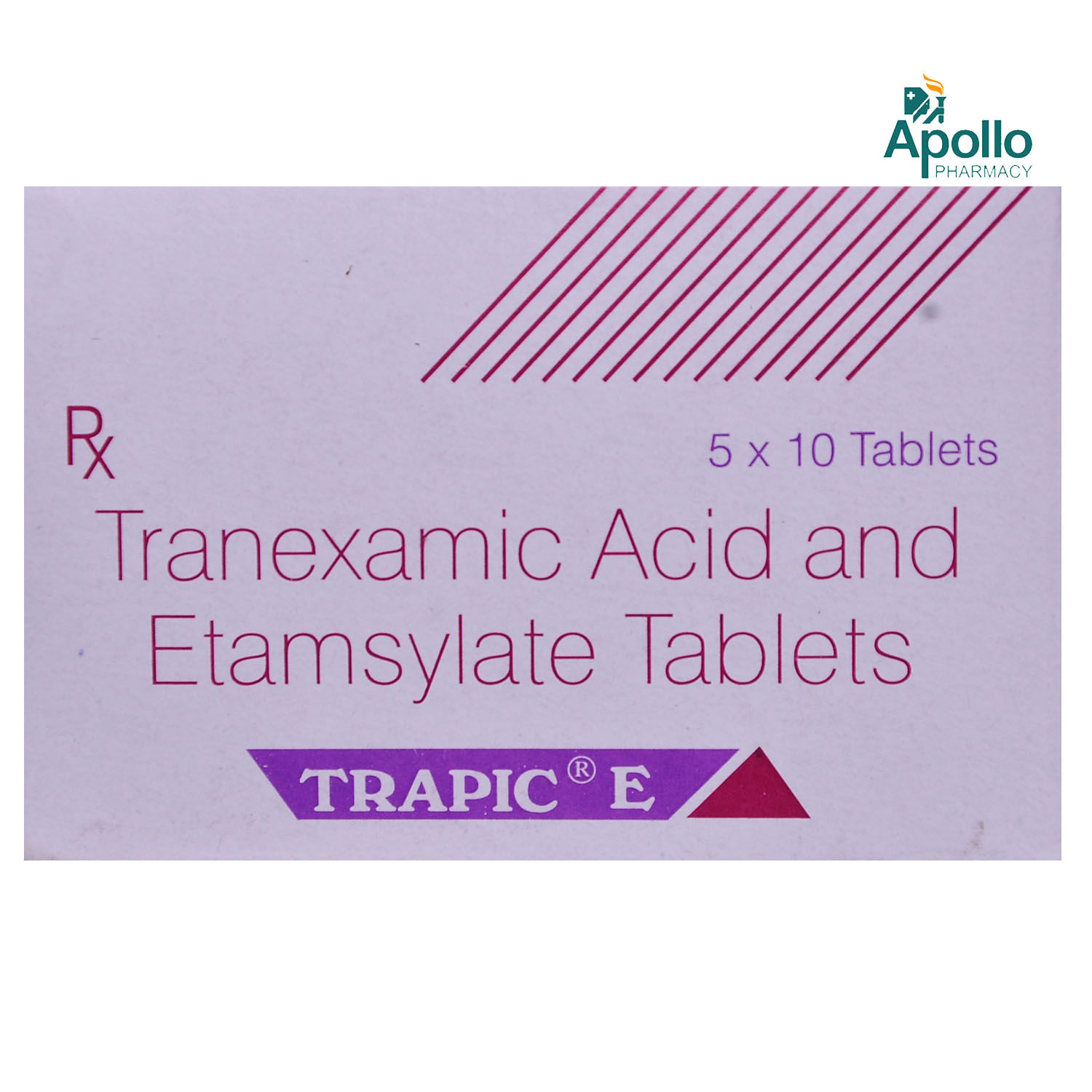 RX
RXTrapic E Tablet 10's
₹286.20
MRP ₹318
10% off
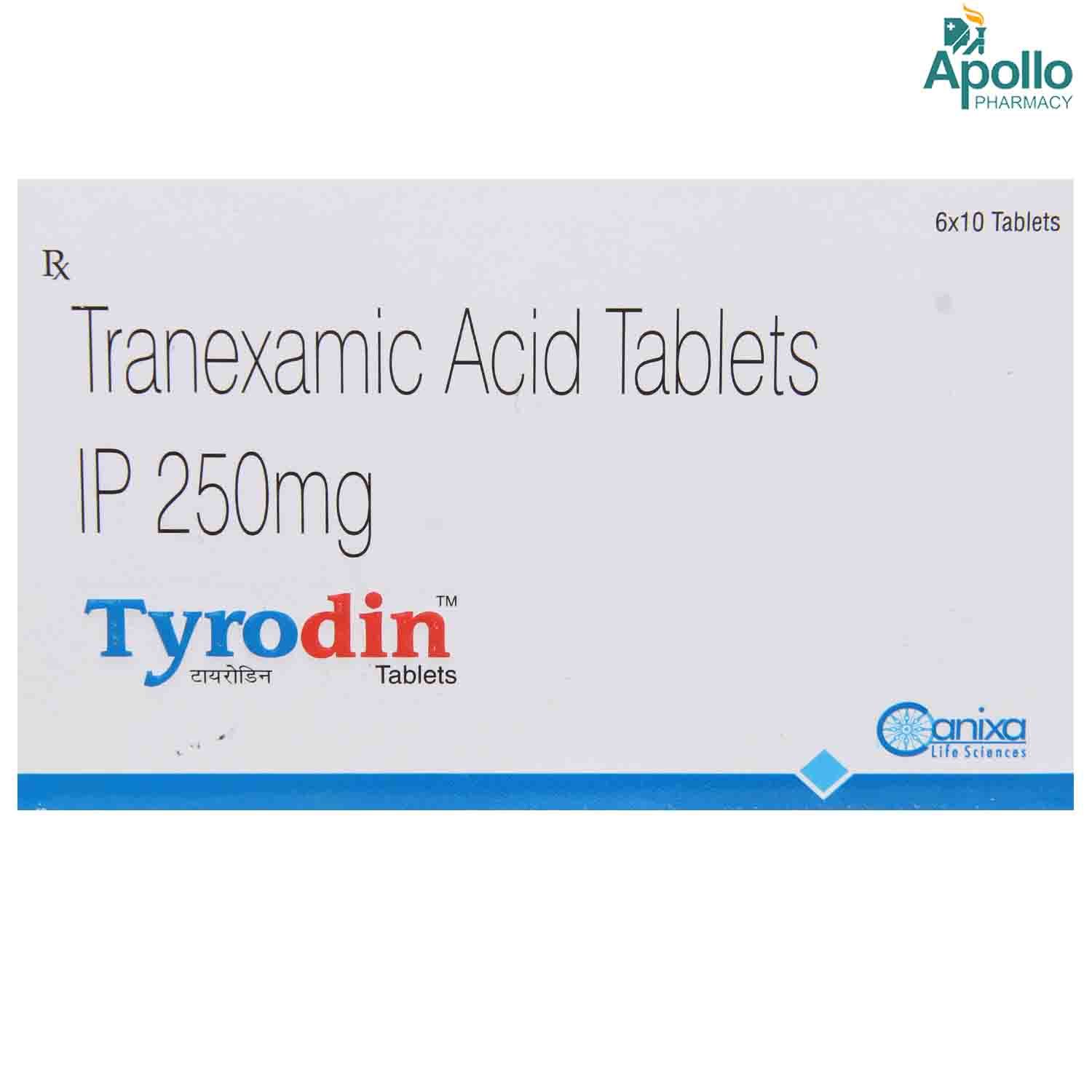 RX
RXTyrodin Tablet 10's
₹127.80
MRP ₹142
10% off
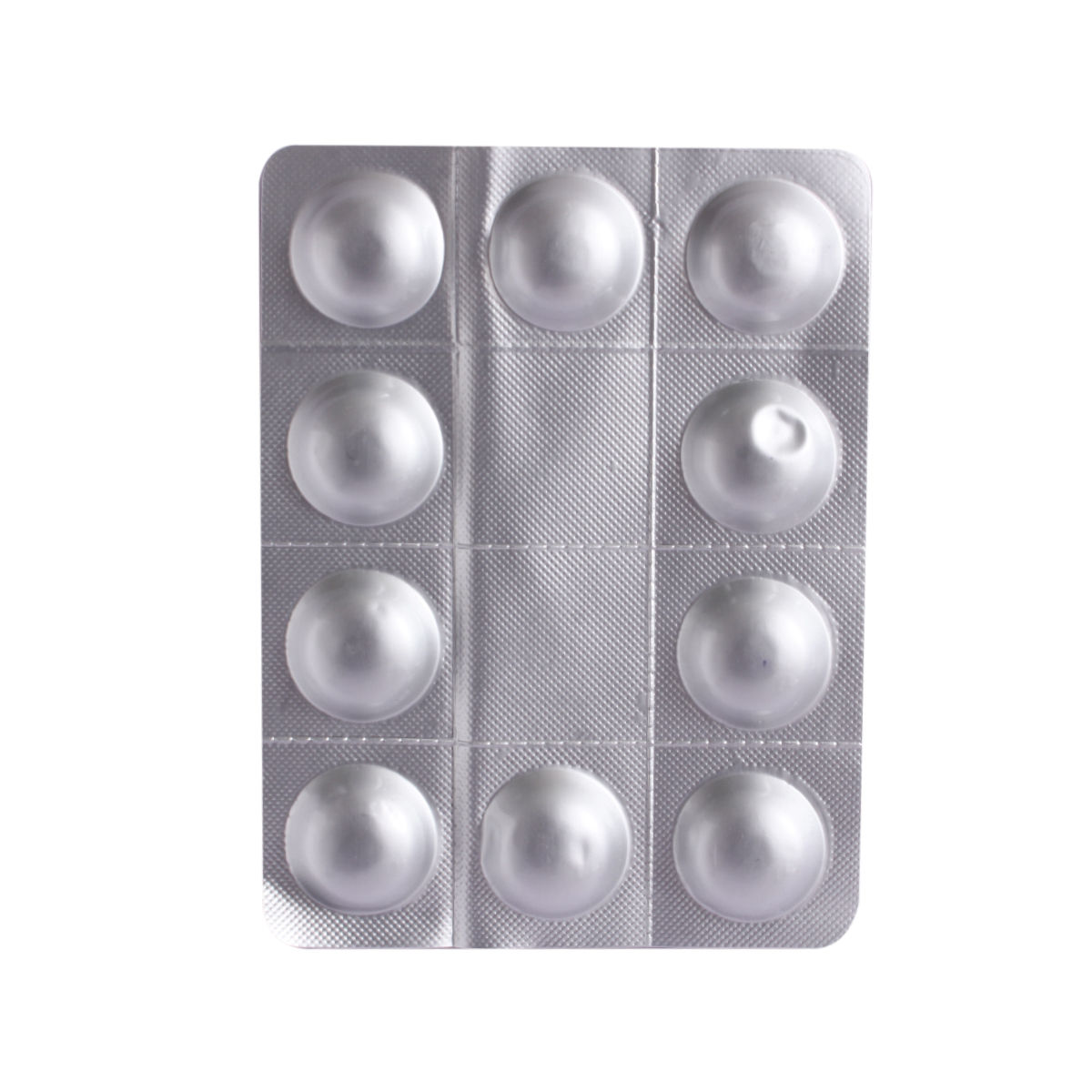 RX
RXMelano-TX 250 Tablet 10's
₹151.20
MRP ₹168
10% off
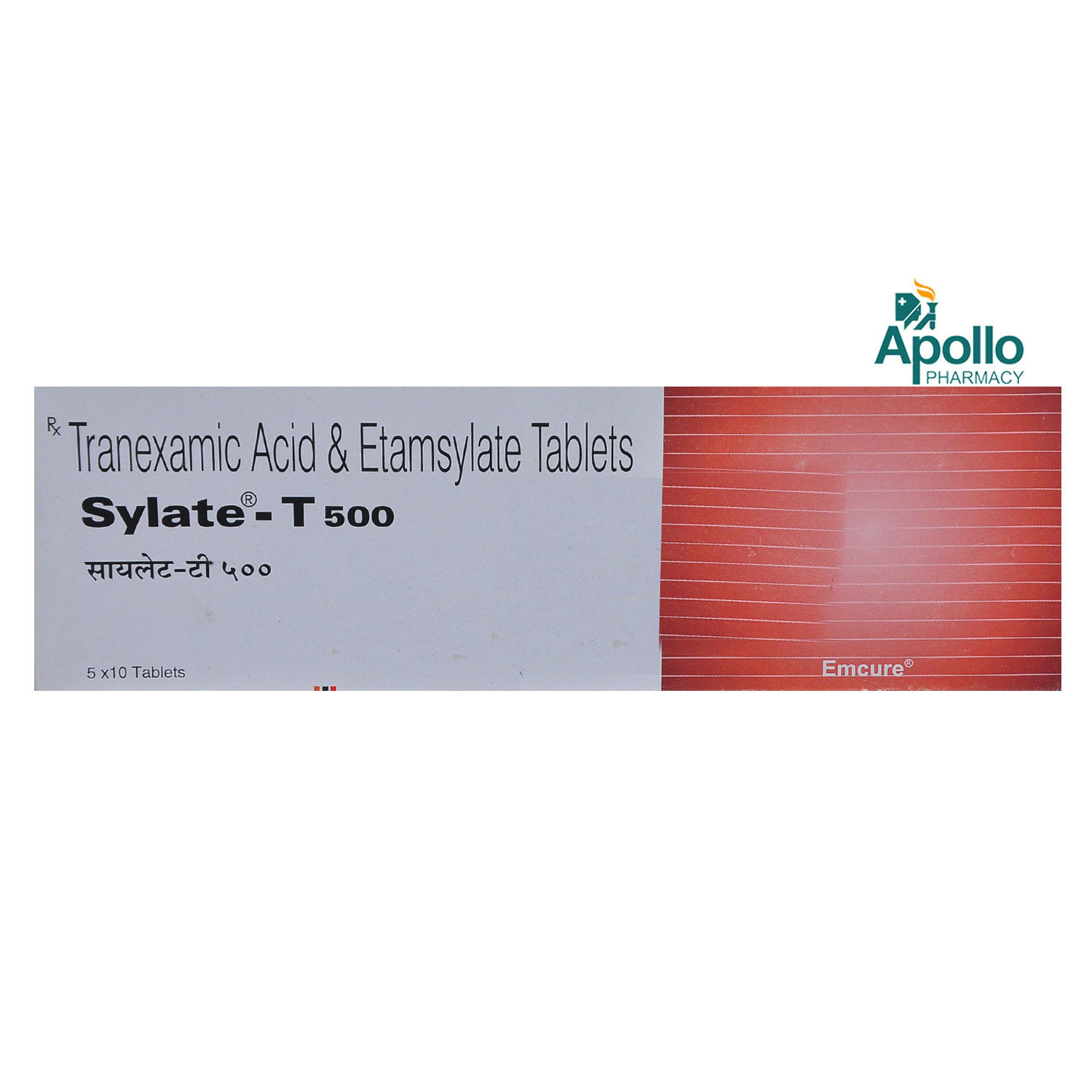 RX
RXSylate T 500 Tablet 10's
₹450
MRP ₹500
10% off
 RX
RXPinodin TX-SR Tablet 10's
₹166.50
MRP ₹185
10% off
 RX
RXEtosys Tablet 10's
₹196.20
MRP ₹218
10% off
 RX
RXNexna Tx Tablet 10's
₹137.70
MRP ₹153
10% off
 RX
RXTexakind Tablet 10's
₹140.40
MRP ₹156
10% off
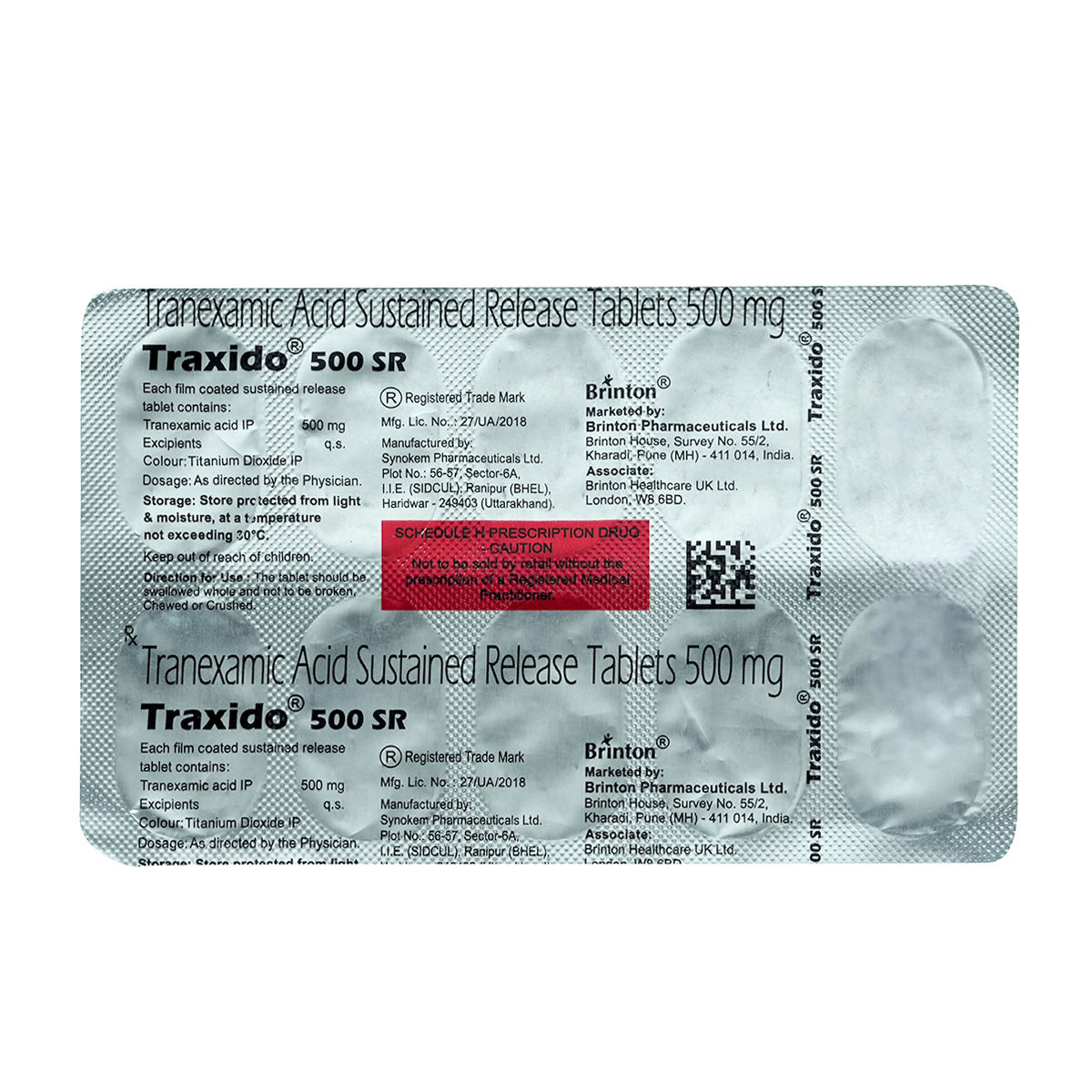 RX
RXTraxido 500mg Sr Tablet 10's
₹175.10
MRP ₹194.50
10% off
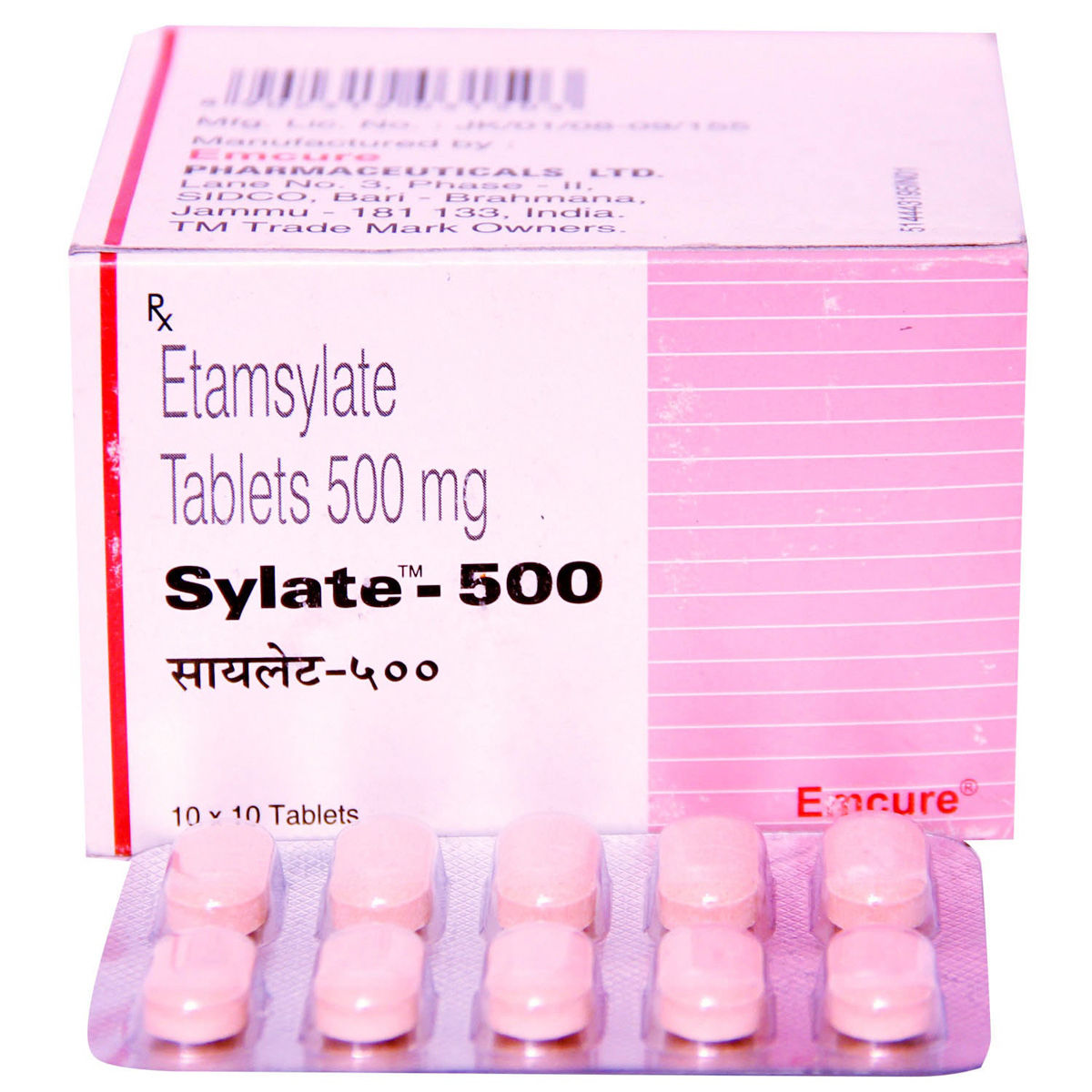 RX
RXSylate-500 Tablet 10's
₹391.50
MRP ₹435
10% off
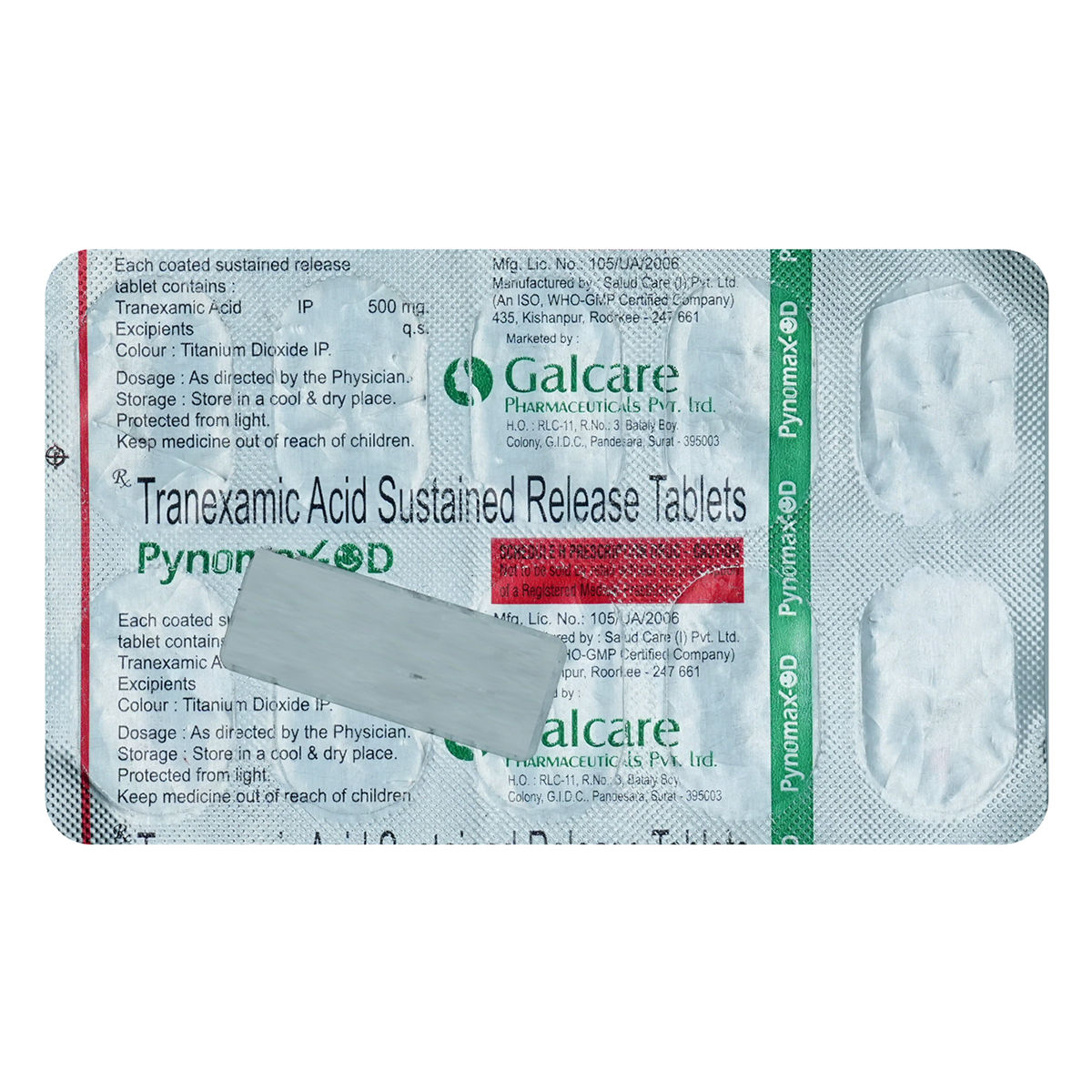 RX
RXPynomax-Od Tablet 10's
₹225
MRP ₹250
10% off
 RX
RXTranlok E Tablet 10's
₹243
MRP ₹270
10% off
 RX
RXSepgard Rapid Gel 15 gm
₹196.70
MRP ₹218.50
10% off
 RX
RXPynomax TX Tablet 10's
₹125.10
MRP ₹139
10% off
 RX
RXThemiseal 1%W/V Sterile Solution 90ml
₹472.50
MRP ₹525
10% off
 RX
RXTexid Tablet 10's
₹162
MRP ₹180
10% off
 RX
RXStyptovit-E Tablet 10's
₹79.70
MRP ₹88.50
10% off
Medicine for Bleeding
Bleeding is a condition that can range from being a small problem to a life-threatening emergency, depending on how bad it is. It can happen because of an injury, surgery, a health condition, or even as a side effect of certain medicines. Regardless of what causes the bleeding, it’s important to treat it correctly to avoid serious issues like losing too much blood or going into shock. In many cases, medicines can help stop the bleeding, encourage blood to clot, and help the body heal faster.
Types of Medicine for Bleeding
There are different types of medicines used to manage bleeding, depending on the cause. Some types of medicine for bleeding help blood clot, some prevent more bleeding, and others help increase platelets, which are important for clotting. Here are the main types of medicine for bleeding:
1. Antifibrinolytics
Anti-fibrinolytic medicines help prevent blood clots from breaking down too early. This helps keep the clot stable, making sure that bleeding stops faster. These medicines are often used during surgeries, after an injury, or for conditions that cause heavy bleeding, like heavy periods. Common examples of these medicines are tranexamic acid and aminocaproic acid. They work well to control mild to moderate bleeding by helping the body’s natural ability to form clots.
2. Haemostatic Agents
Haemostatic agents are medications that help control bleeding by promoting clot formation directly at the site of injury or bleeding. These medicines are particularly useful in cases where bleeding occurs in surgical wounds or after trauma. Recombinant activated factor VII and tranexamic acid are commonly used haemostatic agents. They can be applied topically or administered intravenously to help stop bleeding by accelerating the formation of a clot.
3. Vitamin K
Vitamin K plays a pivotal role in the blood clotting process. It is required for the synthesis of clotting factors that help stop bleeding. When a person has a vitamin K deficiency, they may experience prolonged bleeding or difficulty stopping bleeding after an injury. In such cases, vitamin K supplementation, either through oral tablets or injections, can help prevent or treat bleeding. This treatment is also used as an antidote for patients who have overdosed on blood-thinning medications like warfarin.
4. Desmopressin
Desmopressin is a synthetic hormone that helps release stored clotting factors from the blood vessel lining. It is primarily used in people with bleeding disorders, such as von Willebrand disease and mild haemophilia, to prevent or treat bleeding episodes. Desmopressin can be administered as a nasal spray or injection, and it stimulates the body’s natural clotting mechanism.
5. Platelet Enhancers
Platelet enhancers are medications that work to increase the production of platelets, which are crucial for clot formation. For individuals with low platelet counts due to medical conditions like thrombocytopenia or after chemotherapy, these medicines help boost platelet production and reduce the risk of bleeding. Examples of platelet-enhancing drugs include eltrombopag and romiplostim. These medications are generally prescribed for people with chronic low platelet levels or those undergoing treatments that suppress platelet production.
Benefits of Using Medicine for Bleeding
Using medicines to manage bleeding has many important benefits for patients, including stopping excessive blood loss and helping the body heal faster. Here are some key advantages:
1. Prevention of Excessive Blood Loss
One of the main benefits of medicines for bleeding is their ability to stop too much blood from being lost. These medicines either help blood to clot or stop clots from breaking down, leading to a reduction in the risk of serious blood loss.
2. Faster Recovery
Medicine for bleeding helps wounds heal faster, especially after surgery, injuries, or long periods of bleeding. By keeping blood clots stable and helping the healing process, these medicines allow patients to recover more quickly and avoid problems like infections or slow healing.
3. Reduced Need for Blood Transfusions
By controlling bleeding effectively, the medicine for bleeding can lower the need for blood transfusions, which is a more complicated procedure with associated risks, such as allergic reactions, infections, and extra strain on the heart.
4. Improved Quality of Life
For people with ongoing bleeding conditions, like haemophilia or heavy periods, taking medicine regularly can greatly improve their quality of life. These treatments help them live more active lives without worrying about sudden or uncontrollable bleeding.
5. Less Need for Surgery
When bleeding is managed well with medicine for bleeding, it can reduce the need for surgeries or repeated hospital visits. For example, medicines like antifibrinolytics can prevent too much blood loss during surgery, which means fewer complications and less chance of needing additional surgeries.
Dosage & Usage Instructions of Medicine for Bleeding
The correct dosage and usage instructions for medicines used to control bleeding depend on the type of medication and the specific bleeding condition being treated. Below is an overview of general usage instructions:
1. Antifibrinolytics
Anti-fibrinolytic drugs like tranexamic acid are typically taken orally in tablet form, usually every 8 hours for a few days, depending on the severity of the bleeding. In some cases, they may be administered intravenously in a hospital setting for immediate effects.
2. Haemostatic Agents
Haemostatic agents are typically used in hospital settings where they can be administered intravenously or applied directly to the site of bleeding. The dosage is carefully calculated based on the patient's condition and the severity of the bleeding. For example, recombinant factor VII may be used during major surgeries or in trauma situations to control severe bleeding.
3. Vitamin K
Depending on the severity of the deficiency, vitamin K supplements are administered either orally or via injection. The dosage of vitamin K varies according to the patient's needs, and frequent blood tests may be required to monitor the patient's response to treatment.
4. Desmopressin
Desmopressin is typically administered either as a nasal spray or an injection. The dosage varies depending on the individual’s condition and their response to treatment. In patients with haemophilia or von Willebrand disease, desmopressin is often given before surgical procedures or in response to a bleeding episode.
5. Platelet Enhancers
Platelet-enhancing drugs like eltrombopag and romiplostim are usually taken orally, with the dosage determined based on regular blood tests that monitor platelet counts. It may take several weeks for the effects of these medications to be fully realised.
It is essential to follow the prescribed dosage and seek medical advice if any side effects occur or if there is a change in the bleeding pattern.
Buy Medicine for Bleeding Online at Apollo 24|7
In today’s fast-paced world, buying medicines online offers convenience, especially when it comes to essential treatments like those for bleeding. Apollo 24|7, one of the most trusted names in the healthcare industry, offers a wide range of medicines used to control and manage bleeding. Whether you need antifibrinolytics, haemostatic agents, or platelet enhancers, you can easily purchase them through Apollo Pharmacy’s online platform. Additionally, you can consult with pharmacists or healthcare professionals through the Apollo platform for advice on the best treatment options.
Frequently asked questions
Bleeding can occur due to a wide variety of factors, including injury, surgery, certain medical conditions like haemophilia or liver disease, or the use of blood-thinning medications.
Yes, some side effects may include nausea, dizziness, allergic reactions, or changes in blood pressure. In rare cases, medications like antifibrinolytics or platelet enhancers can increase the risk of abnormal clotting, leading to complications like deep vein thrombosis or stroke. Always consult with your healthcare provider if you experience unusual symptoms.
The effectiveness and timeline for these medicines depend on the type of drug and the severity of the bleeding. For instance, anti-fibrinolytics like Tranexamic Acid may start working within hours, while platelet enhancers may take several weeks to show significant effects.
Some medications, such as vitamin K supplements, may be available over the counter, but most bleeding medicines, especially haemostatic agents and antifibrinolytics, require a prescription. Always consult a healthcare professional before using any medication to ensure it is appropriate for your condition.
In many cases, regular use of medicines, particularly those designed for chronic conditions like haemophilia, can prevent or reduce the frequency of bleeding episodes. It is important to follow your healthcare provider’s advice and monitor your condition regularly to avoid unexpected bleeding events.
